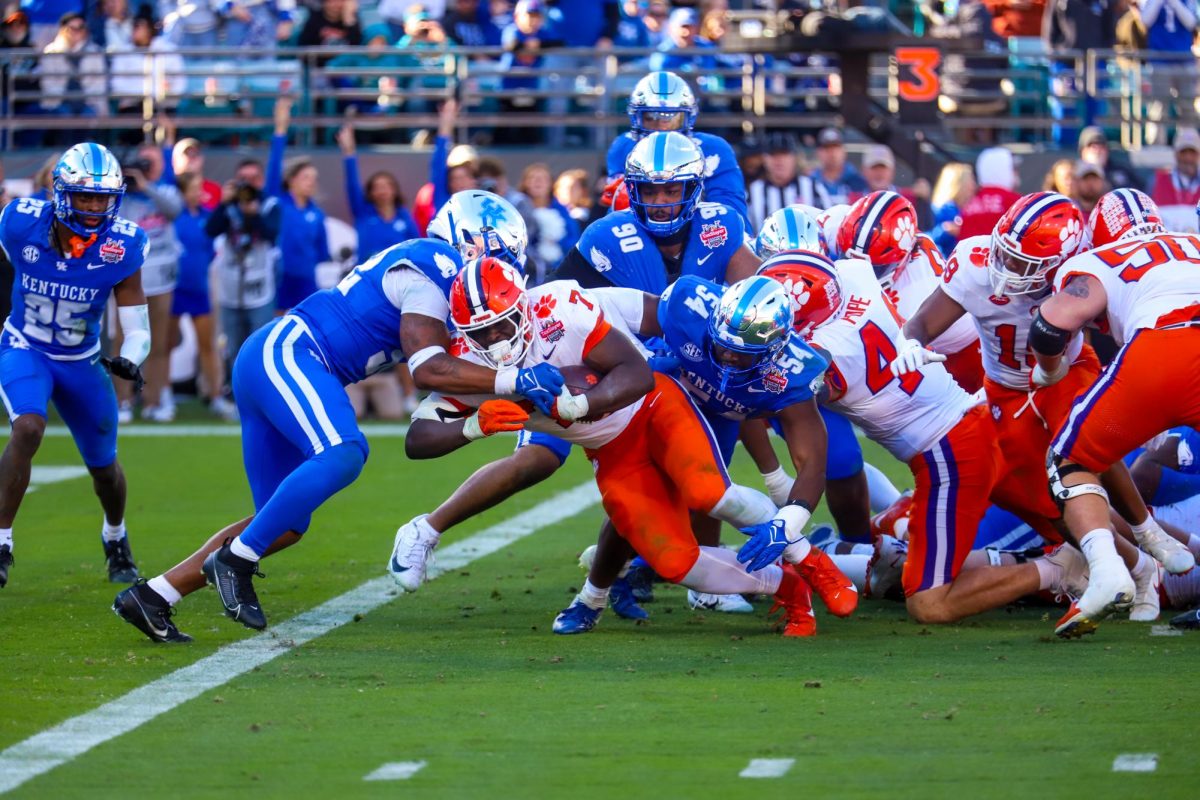Minimalism.
A concept that gets you past things to create room for important things, which aren’t really things at all.
Recently posted to Netflix, a documentary about an ideaa movement and art style known as called Minimalism minimalism has caught the attention of many avid TV watchers. While only an hour and eighteen minutes long, it explores a relatively new concept , in depth, one that has found its place in a world of increasing disillusionment.
The protagonists, if it is possible to be act as such in a documentary, are two young men: Joshua Millburn and Ryan Nicodemus. Both worked for a massive telecom corporation for most of their early twenties and both found themselves unsatisfied with their six-figure salary and repetitive routines. Stumbling across the concept of minimalism first, Joshua took a period of eight months to declutter his apartment, mind, and life. Millburn got rid of most of his material possessions (clothes, furniture, and appliances), and focused only on what he actually used. He then helped his best friend, Ryan, to do the same with an interesting strategy. They boxed up all his possessions (or covered them when they were too large to package) and kept them like that for a month. At the end of the month, everything that Ryan had not taken out of boxes to actively use and gain enjoyment from was tossed, sold, or donated. Throughout the entire month, Ryan was forced to repeatedly ask himself the question: does this add value to my life?
This question can be the basis of any facet of human existence. For As examplean example, just think of food. Meal preparation and grocery shopping has become a chore for many people. Often, the easiest or cheapest options become staples in our lives. Minimalism offers an alternative view on human relationships with food. When purchasing a breakfast sandwich or bag of chips, it is important to ask the question: does this add value to my life? It is not only more cost effective, but it leads to a more fulfilling series of interactions with what we consume.
Another example is housing. In the film “Minimalism: A Documentary”, an entire portion is dedicated to how minimalists use and reuse space. It points to the “American Dream” of owning a three bedroom/ two bathroom house in the suburbs. While this is still the ideal situation for many, The Minimalists continue to ask the question: Why? Is it so many people’s dream because it is desirable and will truly make them happy? Or is it their dream because it is what they have seen and been taught so repetitively throughout their lives? Success, especially in the United States is generally measured by security. Security in this case meaning big house, working car, white-collar job, etc. Ryan and Josh instead encourage aspiring minimalists to measure success by gratification. Only keep in your life those things that contribute value. The happiness that “stuff” brings is usually short lived, not only due to it’sits planned obsolescencetion, but because people don’t truly want “stuff.” They These possessions simply fill a void created by passionless existence with things they have been told will act as a panacea to unhappiness.
So, how does this all apply to Clemson college students who already have three papers, two tests, and four shifts at work? For those who just read that sentence and thought, “Wow! How does she know my life so intimately?” then, Minimalism minimalism might work well for you. The practices it brings into daily life are meant not only to declutter, but also to decrease attachment to things. When you constantly worry about getting the newest or most fashionable product, you are not focusing on what can really add value to your life.
On their website — theminimalists.com — Josh and Ryan publish essays, podcasts and tour dates, among other things. In one essay, they introduce newcomers to a 30-Day Minimalism Game. It works like this:
Find an accountability partner so that the game continues and you don’t lose interest, momentum, or will power. Over 30 days, get rid of one thing the first day, two things the second day, and so on until reaching 30 days. The thing(s) that is trashed, sold, or donated can be anything from clothing to appliances to decorations, etc. The only rule is that the item or items must be gone by midnight of that day. After 30 days, some may choose to stop, content with a decluttering and organization of things they actually use. However, many more will likely continue to work toward living a minimalist lifestyle. This may play out in a variety of forms. Meaningful interaction and relationships may be one way. Another might be focusing on a passion for 20 minutes every day. And yet another might be spending less money on items that resemble things they already own and are not yet malfunctioning.
As a college student, this can either seem strange and impossible or just what you need for an already stretched budget. This concept, however, isn’t meant as a budgeting strategy. Instead, it is meant to teach the value of material possession, human interaction, and consumption in general. So, if you are looking for a how-to manual of decluttering and organization, that’s not what this is. It releases adherents from their obsession of control and planning. It leads people to pursue something they actually enjoy, not just what makes them “successful” in American terms.
As Josh and Ryan clearly explain on their website: “Minimalists don’t focus on having less, less, less; rather, [they] focus on making room for more: more time, more passion, more experiences, more growth, more contribution, more contentment. More freedom. Clearing the clutter from life’s path helps us make that room.”
How college students can relate, utilize minimalism
February 6, 2017
Donate to The Tiger
Your donation will support the student journalists of Clemson University . Your contribution will allow us to purchase equipment and cover our annual website hosting costs.













